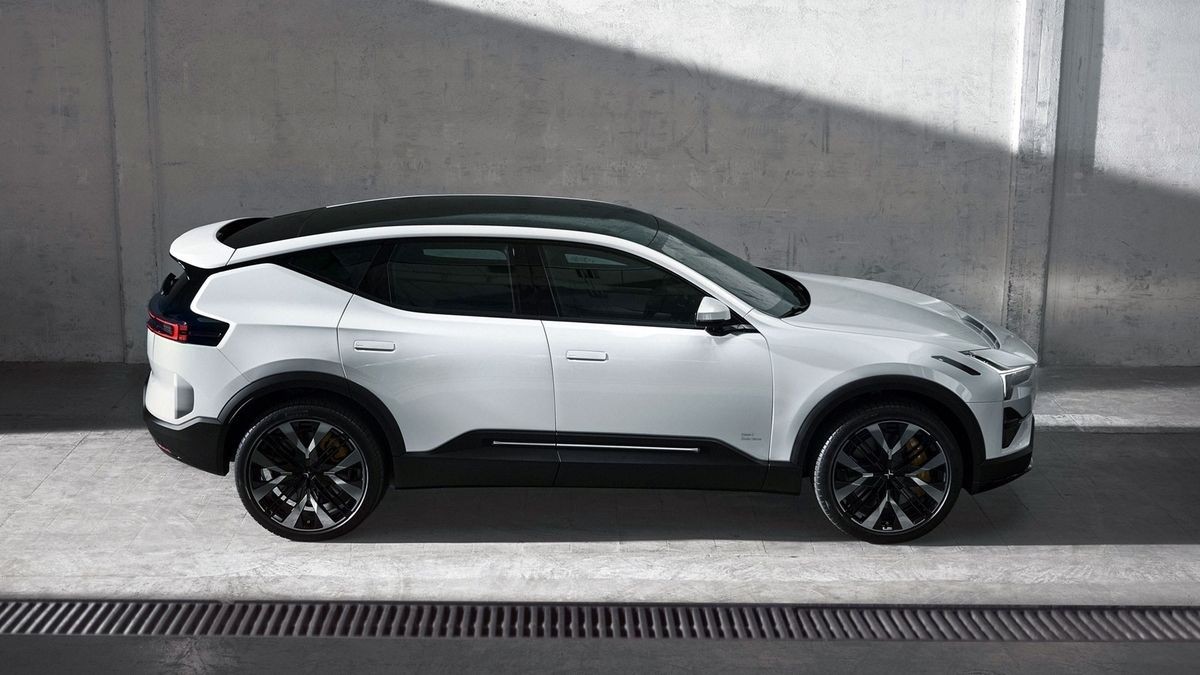
As the electric vehicle (EV) market rapidly evolves, consumers looking for cars with a range exceeding 300 miles now have an array of options, thanks to significant advancements in battery technology and strategic industry maneuvers. The push towards longer-range EVs is not just a response to consumer demand but also a strategic alignment by major players in the auto and battery manufacturing sectors to dominate the future of transportation.
Breakthroughs in Battery Technology
Leading the charge in battery innovation, China Aviation Lithium Battery Co. (CALB) has introduced a revolutionary ‘U’ structure battery, enhancing energy density and charging speeds. This development is part of CALB’s broader ambition to secure its position as the world’s third-largest EV battery supplier by expanding its production capacity to an impressive 1,000 GWh by 2030. The company’s strategy includes not only technological advancements but also global expansion with a new manufacturing facility in Portugal to support European automakers. This initiative is expected to significantly contribute to the diversity and range capabilities of the next generation of electric vehicles.
Market Trends and Consumer Preferences
The electric vehicle market is experiencing exponential growth, driven by both technological advancements and a shift in consumer preferences towards more sustainable transportation solutions. According to insights from Truflation, EV adoption is surging globally, with projections indicating that EVs could account for 55% of all new car sales by 2030. This uptrend is supported by a decline in EV prices, attributed to increased production volumes and enhanced manufacturing efficiencies. With leading manufacturers like Tesla pushing the boundaries of battery technology, the industry is witnessing a significant improvement in driving range and performance, alongside an increase in the variety of available EV models.
Strategic Moves by Automotive Giants
In a major strategic move, Toyota has acquired full ownership of its battery-making joint venture with Panasonic, Primearth EV Energy Co. (PEVE), signaling a robust commitment to accelerating its EV production. This acquisition will grant Toyota greater flexibility in determining output levels, costs, and battery technology advancements. Set to commence battery production for EVs in 2026 at a new factory in Kosai, Japan, Toyota’s ambitious plans include the introduction of five new battery types by the end of the decade. These include a next-generation lithium-ion battery promising to double the range of current EVs and a series of innovative batteries that will further enhance the efficiency and appeal of electric vehicles.
As the electric vehicle landscape continues to evolve, the concerted efforts of battery manufacturers and automakers are creating a future where long-range EVs become the norm rather than the exception. These advancements not only cater to the growing consumer demand for more sustainable and high-performing vehicles but also herald a new era in automotive technology, promising to reshape our transportation paradigms. With each technological breakthrough and strategic industry move, the dream of a fully electric future becomes increasingly tangible, offering a glimpse into a world where electric mobility is accessible, efficient, and universally adopted.
